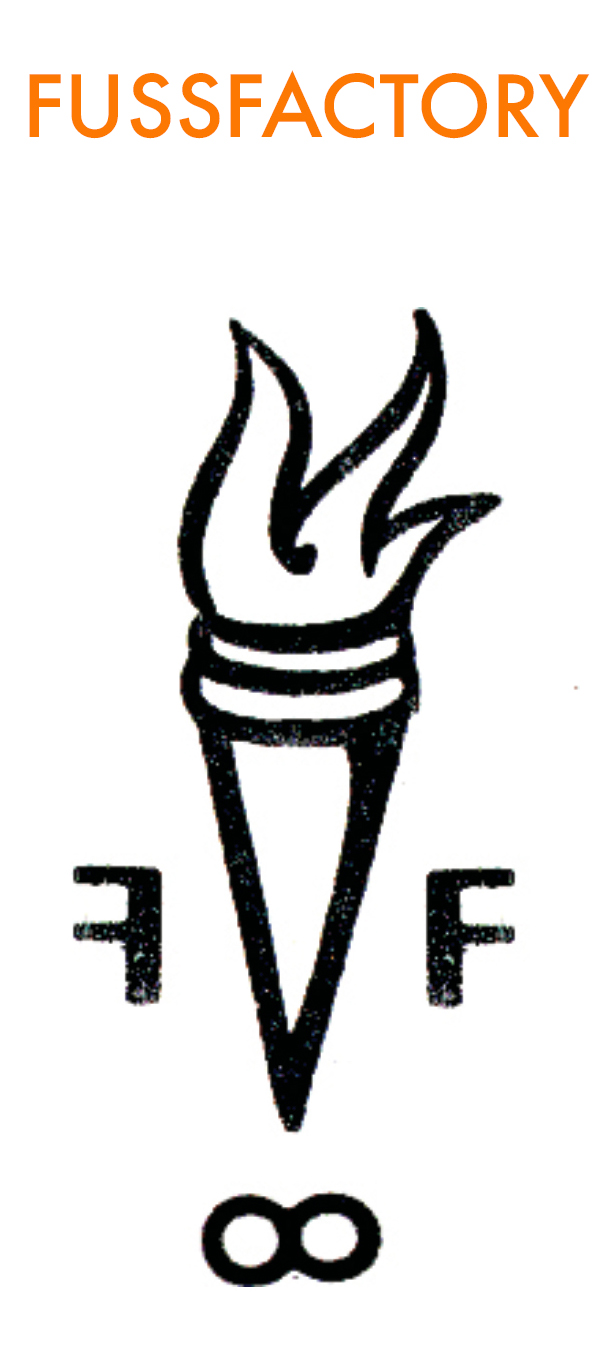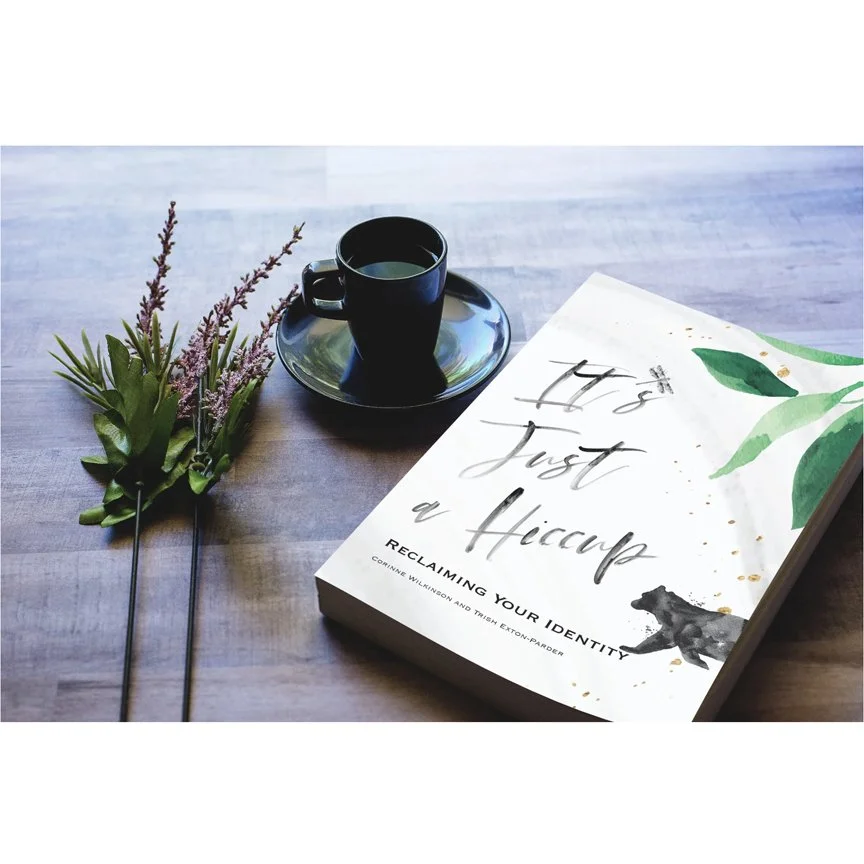#sparkchamber 080425 — Trish Exton-Parder
What happens when you leave a career and are suddenly faced with a void of identity by so many who “knew you as a role and title, and not as a person.” Today’s #sparkchamber visitor, connector Trish Exton-Parder, wrote the book on that. With co-author Corinne Wilkinson, It’s Just a Hiccup digs into that question. Some backstory, in her own words:
“I was born in Calgary, Alberta 63 years ago, growing up near the mountains and in the city that treasured the spirit of volunteerism. As a York University grad in communications, my plan was to find an environment where creative storytelling, purposeful messaging, would be my drive. I landed a brilliant career at the Calgary Zoo — a passion-driven organization that grew from a small family attraction to a major conservation center rated internationally by its peers. My goal for storytelling was achieved. I worked with incredible professionals, passionate about what they do, and the desire to make a difference, and to change an often misconception of what good zoological organizations do and can achieve.
“Now retired from the zoo, but not retired from activity, I parachute into what makes me happy. Sometimes it’s helping with media relations, but more on a volunteer basis as that was the world I loved. But I now have the time to jump into the arts, wellness, and other pursuits that I didn’t have the space to when working in a 24/7 job. Having the ability to connect with people — be it friends or family or networking in the community — is now a gift, as I can dedicate more time, and be more in the moment with it. I search for ways to be creative, quirky or otherwise, and strongly believe above all that humor is truly good medicine.
“The journey to where I am today is captured in a book I wrote with a friend during Covid called It’s Just A Hiccup.” Structured in short personal stories, followed by a few thoughtfully crafted questions to help the reader recognize/relate to their own situations. Not homework, not a one-size-fits-all approach, but an open process to perhaps help navigate confusing days and emerge from the fog a bit sooner.
“It has received a very positive response from those traveling on similar journeys, trying to uncover their lost identities once they have said goodbye to their careers. We enjoy speaking about the topic as opposed to just focusing on selling a book. In this way, we find joy in starting conversations that can often be troubling for some, but end in finding some lightness. This feedback and knowledge is so very satisfying as reaching people in this way was what we had hoped for.”
“So I continue to search for interesting balance at this time in my life, always learning, adventuring, and never forgetting to hold onto the child inside that likes a bit of fun.”
1.] Where do ideas come from?
I think ideas originate from the moment our minds branch out in creativity. This would start when we are infants, and our creative nature is unclouded by worry and other distractions and life‘s responsibilities. Then as we travel through our individual lives, the experiences we have and the variety of people that we encounter that influence us create a mountain of content that luckily we can store and pull from when the need to inspire is presented to us.
2.] What is the itch you are scratching?
I think the motivation to create comes from concentrating on the desired response we are hoping for from the audience we are presenting to or alternatively the results we hope to achieve from that creative venture. In both cases satisfaction in knowing that you have instilled that emotion, action, or response is truly the goal. Focusing on that is what motivates me. When I first looked at this question, I thought about how much I enjoy creating a poem or song or passage to celebrate a milestone in someone’s life. The response and feedback from that person and others hopefully is a feel-good and hits some emotional buttons and when you have experiences like that in your life, you crave more.
3.] Early bird or night owl? Tortoise or hare?
I would say I’m an early bird but here I am writing this now and it’s very late! Now not working in a structured occupation, my time is my own to organize. When I get up in the morning, I have finally formed a bit of a routine that starts with coffee, of course, throwing the yoga mat on the floor, and knowing you will get to it at some point in the day, checking emails, saying good morning to my husband and making sure I meet all of the expectations of my loving but demanding terrier Guthrie. I have an old-fashioned week-at-a-glance Day-Timer that I write in, and I would never do it any other way. Friends and colleagues in my life that don’t understand the need to have such a tool that’s not digital have now seen value in it in their later years, claiming, “Trish, with all these little notes to write down about life moments, appointments such and so many things to remember, I get it. I really get it now.!”
And so that will always be a bit of a diary and a planner for me .And I’ve always called myself a planner, not a procrastinator, on most things, but those who choose to live life very spontaneously would see me as someone that doesn’t leave room for last-minute options. However, I have always been that person who can thrive on spontaneity because if you are organized, you’ve already got all the “stuff” done behind you that you needed to — then it always feels good. I guess it’s the work before play theory in the end. And now my work world — be it volunteer or otherwise — is a glorious smorgasbord.
4.] How do you know when you are done?
I don’t think any of us are ever “done.” We manage tasks, we support and lift up all of the people in our lives, jump in where we need to, find ways to leave our mark and hope that when we are not around as supposed to “done” in this world, we are remembered for being that person that was there when needed and also how we made someone feel. So are we ever truly done or do we just carry on? I think we always remain with those who matter to us. We have made some kind of impact. I saw a clip of a young girl giving a valedictorian address and it was all about the word “do.” So as a graduate, everybody wants to know “what you are going to do,” or in life people will ask “what do you do,” or once retired, “what are you going to do.” Her point was that we are not human “doings” we are human “beings,” so is it not more important for all of us to concentrate on who we want to be, or continue to be, whether that is humble, wise, humorous, or just kind. Perhaps that is something we should all remember as it may look like the doing is done, but you never cease to be.



